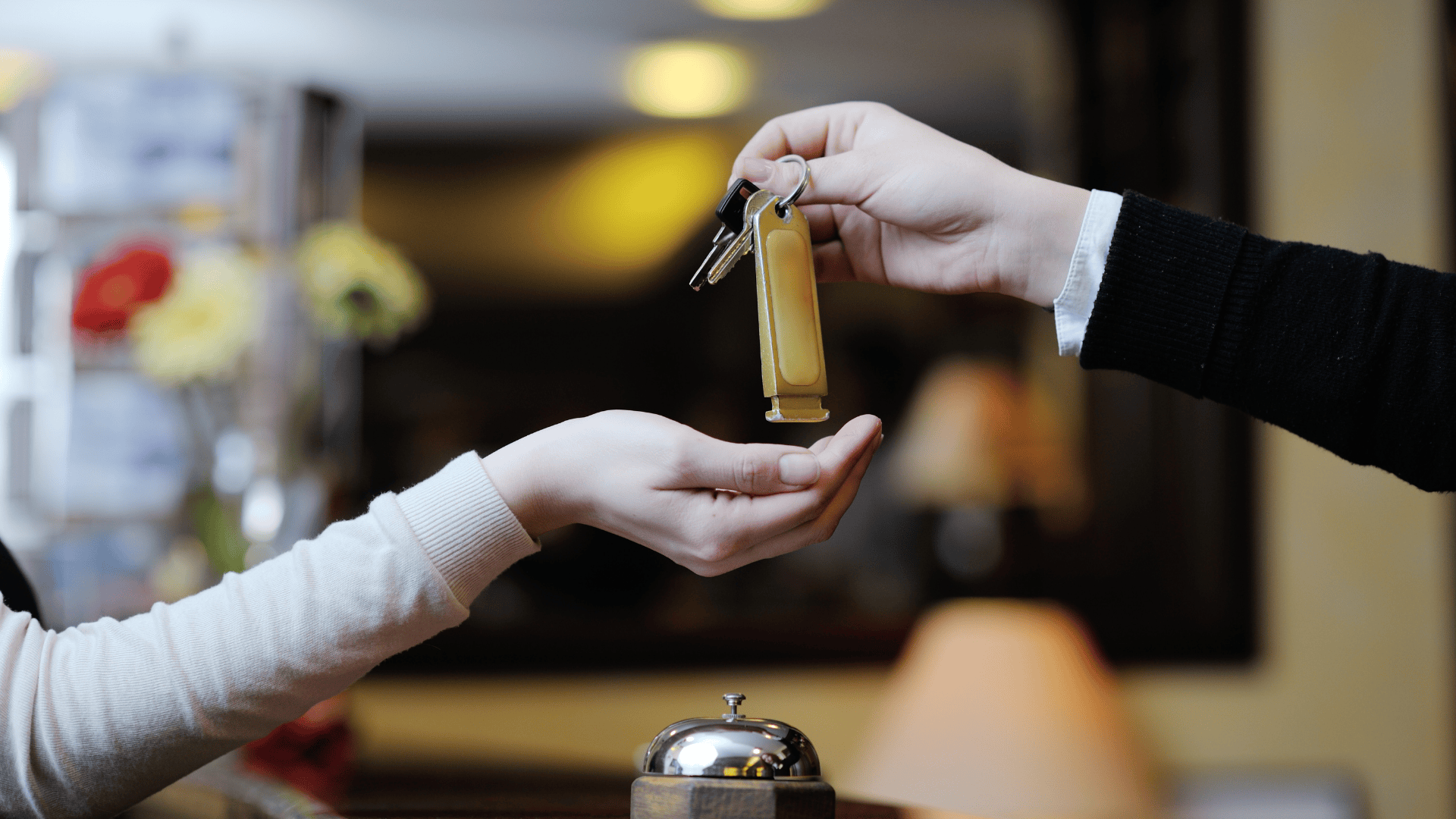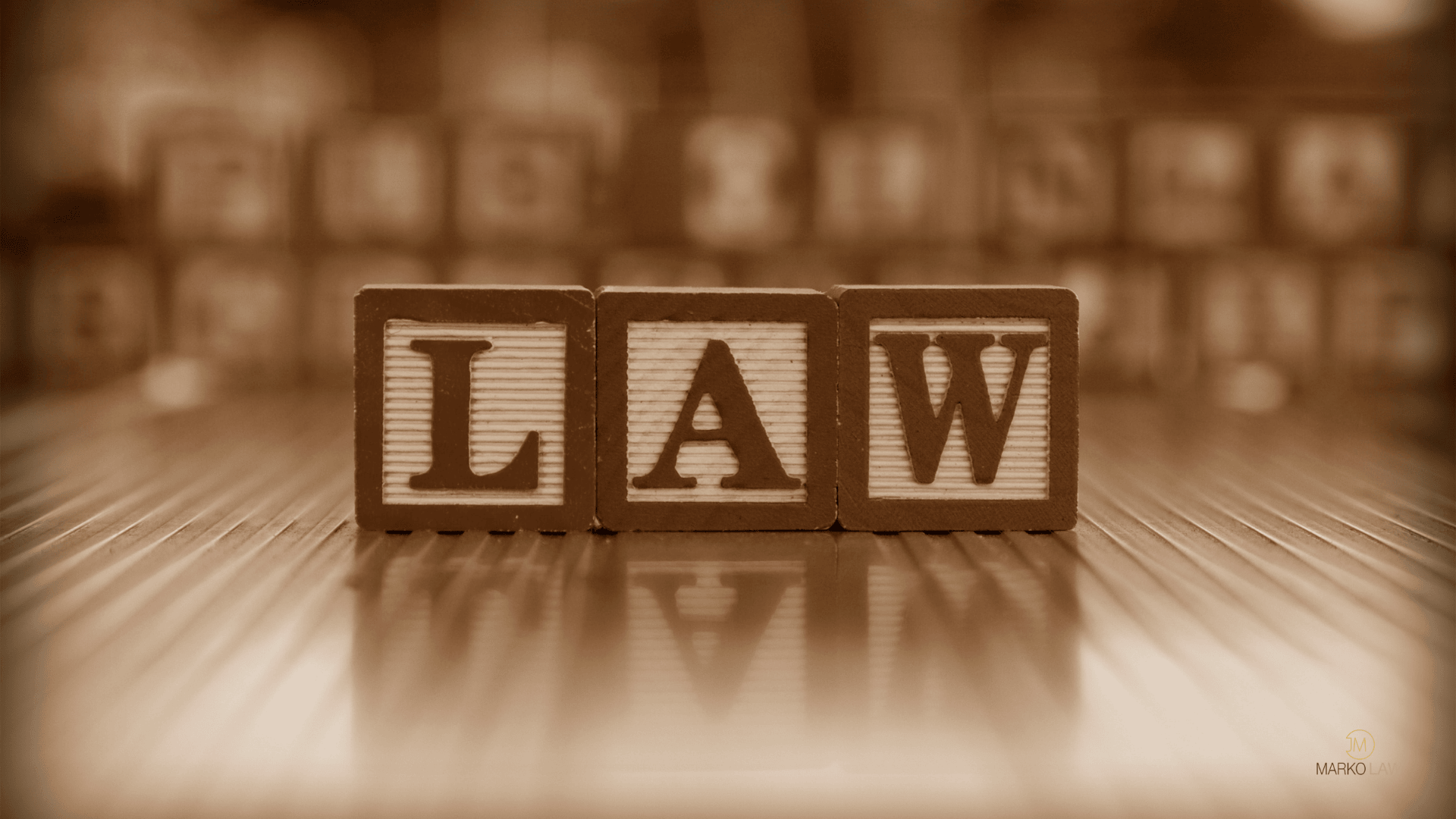You booked a getaway to relax. Maybe it was a romantic weekend up north, a family trip to Traverse City, or a much-needed escape to a cozy Detroit Airbnb. The last thing you expected was to end up in the ER because a stair railing gave out, you slipped on an unmarked wet floor, or a faulty carbon monoxide detector failed to warn you.
Michigan law requires property owners—whether they run a luxury hotel or list their rental on Airbnb—to keep their premises reasonably safe for guests. That means fixing broken fixtures, clearing ice and snow, warning about known hazards, and taking basic steps to prevent injuries.
This is known as premises liability law, and it exists to protect visitors like you. Whether you were injured at a five-star resort in downtown Detroit or a lakeside rental in the Upper Peninsula, the owner has a legal duty to maintain a safe environment. And when they fail, they can be held responsible.
Don’t let anyone tell you it’s your fault for not watching your step or reading the fine print. If the condition was dangerous, unmarked, or neglected—and it led to your injury—you may have a claim for compensation. That includes medical bills, lost wages, pain and suffering, and more.
Who’s Liable? Hotel vs. Airbnb
Hotels
Hotels in Michigan are considered commercial property owners, and that comes with a high duty of care under the law. When you stay at a hotel, you’re what the law calls an “invitee”—someone who has been welcomed onto the property for the owner’s financial benefit. As a result, hotels must:
- Regularly inspect their property for hazards
- Fix dangerous conditions promptly
- Warn guests of known risks
- Ensure that staff follow reasonable safety protocols
If you were injured because of broken steps, a malfunctioning elevator, unsecured pool areas, or negligent security, the hotel can be held liable for failing to maintain a safe environment.
Airbnb Hosts
Airbnb hosts, on the other hand, are typically private homeowners renting out their property. That doesn’t let them off the hook.
Under Michigan premises liability law, Airbnb hosts still have a duty to maintain reasonably safe conditions and to warn guests about known hazards—like a loose balcony railing, slippery driveway, or broken smoke detector.
Airbnb Corporate Liability
In some cases, Airbnb as a company may share responsibility—particularly if they:
- Failed to remove a host with a known history of safety complaints
- Listed a property that didn’t meet basic safety standards
- Ignored serious guest reports about hazards or injuries
That said, Airbnb’s terms of service are written to protect the company, not you. They often include disclaimers that try to limit corporate liability and force disputes into arbitration.
Understanding Premises Liability in Michigan
When you're injured on someone else's property—whether it's a hotel, an Airbnb, or a vacation rental—premises liability law determines whether the owner is legally responsible. In Michigan, that responsibility depends on your status as a visitor and whether the property owner failed to take reasonable care.
If you’re a paying guest, the law considers you an “invitee.” That’s the highest category of legal protection. Property owners owe invitees a duty to keep the premises in a reasonably safe condition and to take action against known or foreseeable hazards.
Key Questions to Determine Liability
To prove that a hotel or Airbnb host is liable under Michigan law, your case typically comes down to two major factors:
1. Was the Hazard Known or Should It Have Been Known?
- Did the property owner or host know about the danger?
- Would a reasonable inspection have uncovered it?
- Have other guests reported similar issues in the past?
If the answer is yes, and they failed to act, that’s negligence.
2. Did the Owner Take Reasonable Steps to Fix or Warn?
- Did they block off dangerous areas (e.g., broken stairs)?
- Was there a visible warning sign?
- Did they delay repairs for cost-cutting or convenience?
In Michigan, owners are not expected to guarantee perfect safety, but they must act like a responsible property manager would.
What to Do Immediately After an Injury
Seek Medical Attention Immediately
Even if the injury seems minor, get checked out by a medical professional. Why?
- It creates a contemporaneous medical record that links your injury to the incident.
- Some injuries—like head trauma or internal bruising—don’t show up right away.
- Refusing treatment can hurt your credibility if you later file a claim.
Go to the ER, an urgent care clinic, or call 911 if needed. Be clear with doctors about how the injury happened and where.
Photograph the Hazard
Don’t rely on the hotel or Airbnb to “investigate.” You need your own proof.
- Take photos and videos of the exact spot where the injury happened.
- Capture hazards like wet floors, broken stairs, exposed wires, poor lighting, or missing safety signs.
- Include wide-angle shots and close-ups to show perspective.
If possible, take pictures before anyone cleans up, fixes, or blocks off the area. Time is critical.
Report the Incident Immediately
Notify the property owner or manager:
- At a hotel: speak to the front desk or manager on duty. Ask for an incident report and get a copy.
- At an Airbnb: message the host directly through the platform. Airbnb also allows you to open a case via their app.
Be factual and brief. Stick to what happened and don’t accept blame. Avoid phrases like “I wasn’t paying attention.”
Get Witness Information
If anyone saw what happened—even another guest—ask for:
- Full name
- Phone number or email
- A quick written or recorded statement, if they’re willing
Witnesses can back up your version of events and help prove the condition was unsafe or ignored.
Do Not Sign Anything Without Legal Review
Hotels and hosts may pressure you to sign a release form, offer a refund, or ask you to agree to terms that limit their responsibility. Even something that seems harmless—like a customer service form—could be used against you. Always speak to a lawyer first.
Insurance and Compensation
Hotels: Commercial Liability Coverage
Hotels are commercial operations, and they’re typically required to carry general liability insurance. This insurance covers injuries caused by dangerous conditions on the property, such as:
- Slips on unmarked wet floors
- Falls due to broken steps or poor lighting
- Burns, electrical shocks, or faulty elevators
- Inadequate security leading to assault or theft
If the hotel’s negligence contributed to your injury, their insurer may be on the hook for your medical costs, lost income, and more.
Airbnb: Host Protection Insurance
Airbnb offers what it calls “Host Protection Insurance”, which may provide up to $1 million in liability coverage for guest injuries.
But there are caveats:
- Airbnb may try to deny claims if the host wasn’t “at fault” or if the incident falls into a policy exclusion (e.g., certain animal attacks or intentional acts).
- Hosts may have additional homeowner’s or short-term rental insurance—but not always.
Getting access to this insurance can be complicated, and Airbnb often requires legal documentation or arbitration to move forward. That’s why legal representation is crucial early in the process.
Compensation You May Be Entitled To
If negligence caused your injury, you may have a legal claim for damages such as:
- Medical Expenses: ER visits, surgeries, prescriptions, follow-up care, rehab, and any future medical needs.
- Lost Wages: If your injury forced you to miss work—or cost you your job—you can recover lost income.
- Pain and Suffering: This includes physical pain, emotional distress, anxiety, PTSD, and the impact the injury has had on your quality of life.
- Long-Term Disability or Disfigurement: If your injury causes permanent damage—like nerve injuries, scarring, or mobility issues—you may be entitled to additional compensation for future hardship.
Don’t Let Your Vacation Nightmare End in Silence
A vacation should be about rest, joy, and escape—not injury, fear, and medical bills. But when a Michigan hotel or Airbnb cuts corners on safety, you pay the price.
Whether you fell down a neglected staircase, slipped on an unmarked spill, or were hurt due to poor lighting or failed security—your suffering is real, and it matters.
Don’t let a company’s insurance team or an online platform gaslight you into thinking this was “just bad luck.” If the property was unsafe, if the host or hotel failed to warn you, you may have a legal case for real compensation—and Marko Law is here to help you build it.
We’ve stood up to corporate hotel chains, insurance giants, and negligent Airbnb hosts across Michigan. And we’re ready to fight for you—with the strength, skill, and compassion your case deserves.
Contact Marko Law for a Free Case Evaluation
📞 Phone: 1-833-MARKO-LAW or +1 313-777-7777
📍 Main Office: 220 W. Congress, 4th Floor, Detroit, MI 48226
🌐 Website: www.markolaw.com









.svg)








